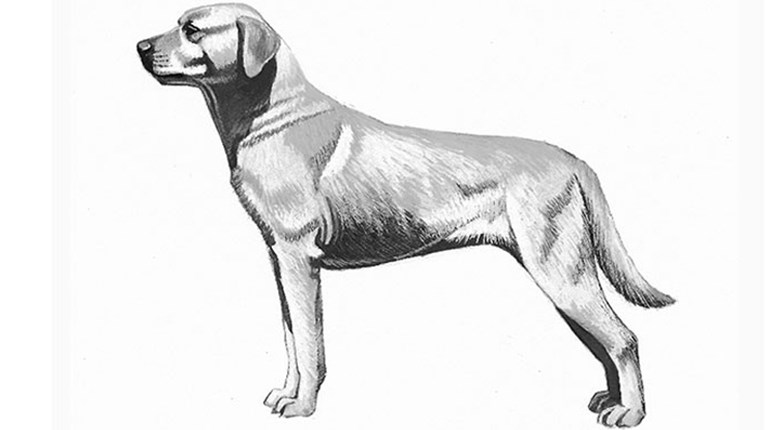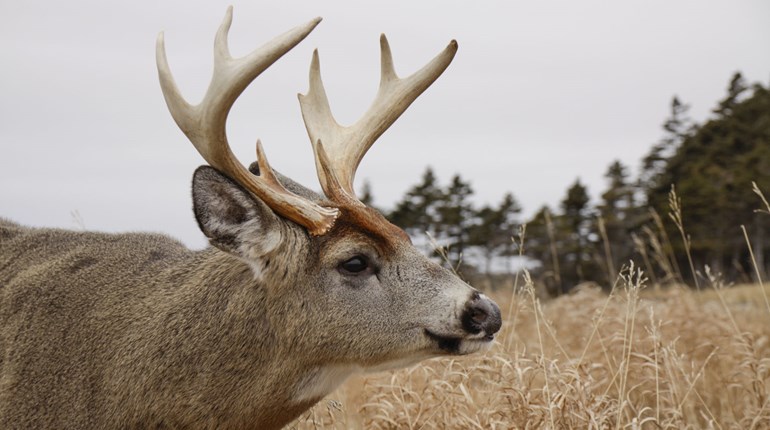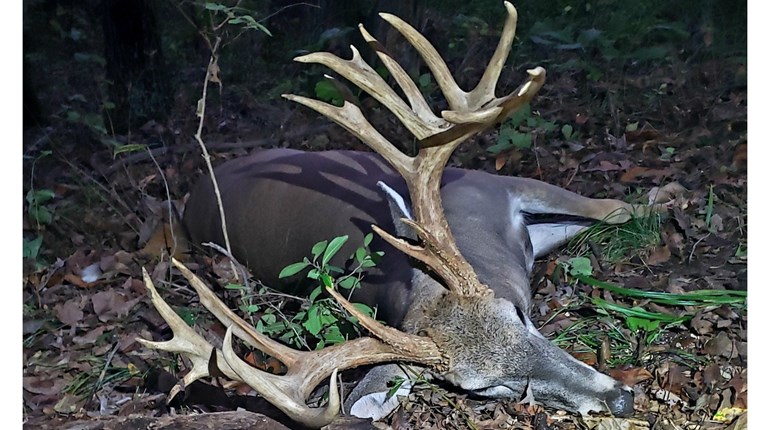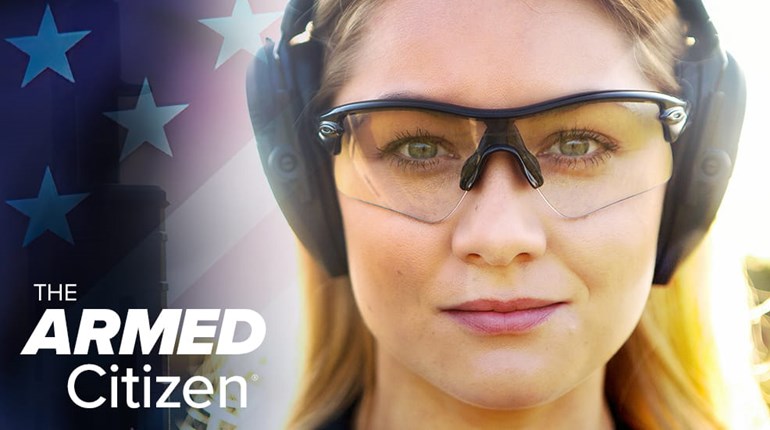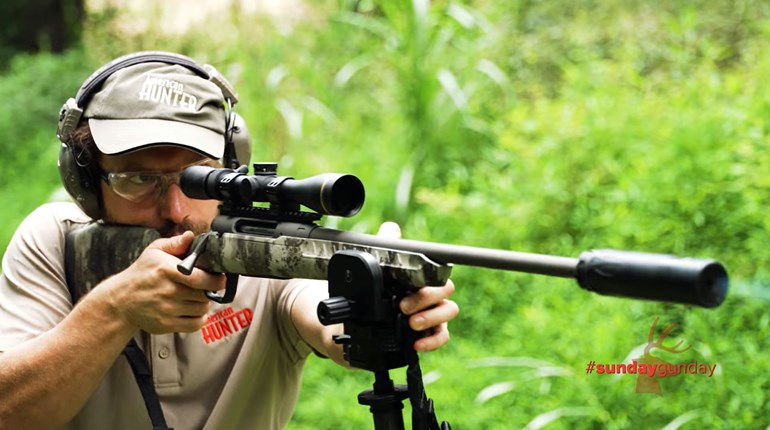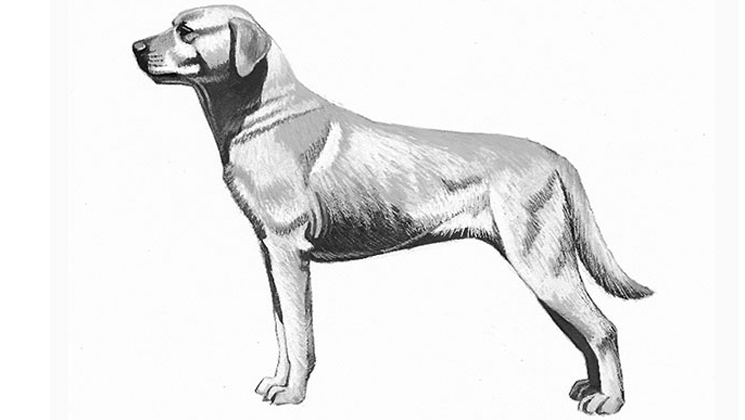
Hardworking gundogs have it better than their citified cousins. They get to indulge in their centuries-old instincts, they know their place in the pack…and they are lean. The health risks posed by allowing a dog to become overweight are numerous. Purina recently completed a 14-year study on caloric restriction that suggests overweight dogs age more quickly, develop age-related diseases at a higher rate and die an average of two years earlier. Unfortunately, raising a fat dog has become distressingly common. So many dogs are overweight that many people don't really know what a healthy dog should look like.
Improved physical fitness is one of the many benefits gundogs reap from hunting. Another is mental, as gundogs get to indulge their age-old hunting instincts. Anthropologists believe man domesticated wolves between 10,000 and 15,000 years ago, using them to hunt an assortment of game. Today's specialized gundogs have so much instinct bred into them that it's almost mean to allow them to grow up without access to game or hunting-related exercise.
Of course, all dog owners, regardless of whether they hunt, enjoy a shared connection with their animals. But gundog breeds have proven to be among the most capable of communicating with their human owners. Researchers attribute this to the tight bond, close working relationship and visual contact gundogs have shared with humans for thousands of years.
I interpret these traits as proof that dogs and hunters belong together. Gundogs produce and recover game for hunters and, in doing so, derive a great deal of pleasure. Gundogs enrich our lives in and out of the field on countless levels, and this loyalty is rewarded by those of us who understand that a hunting dog ought to hunt.













